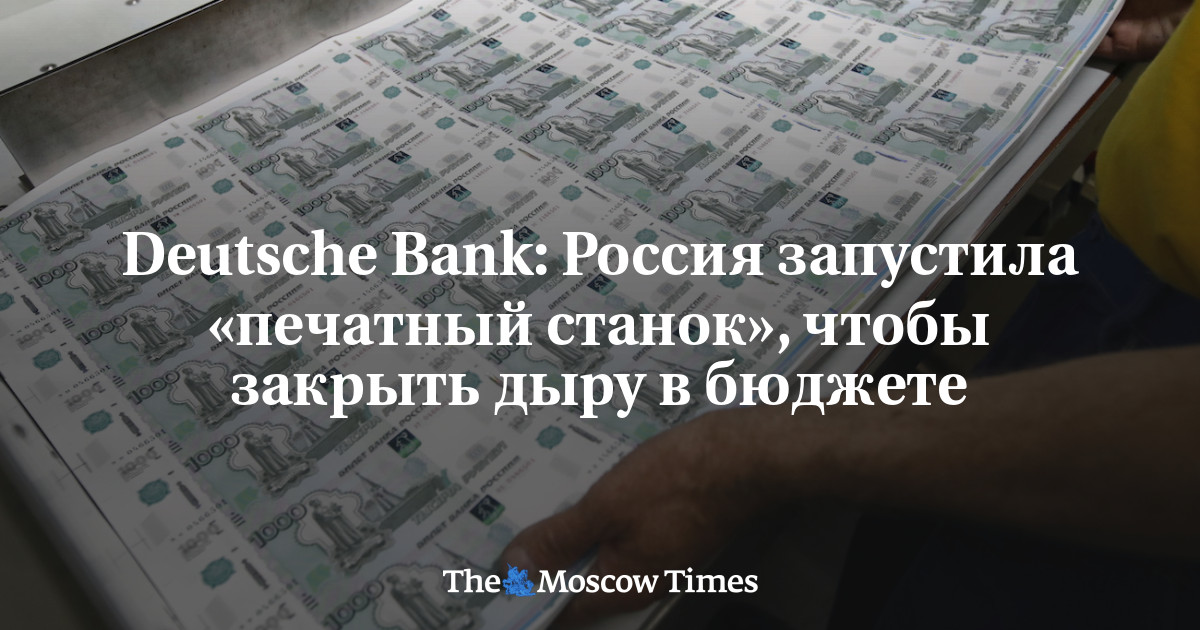K
Kangal
Guest
You never complained until now, despite its massive use by the copeniks here!'Now it begins' and 'So it starts' must be most cliched expressions on social media.
The sure sign of a nothingburger
But I've held off until I saw signs of economic breakdown in Russia. We have reached this point. It either more strikes, or increased wages. The latter increases inflation and drains Russias reserves further.
On the other side, interest rates are crippling.
Russian companies are draining their own reserves as well.

Russian ruble surges after Putin ordered 43 companies to prop up the slumping currency by selling some of their foreign cash
The Russian central bank endorsed the move to save the ruble and improve liquidity after months of pushback against President Putin's capital controls.
The money printing game already started months ago.

Deutsche Bank: Россия запустила «печатный станок», чтобы закрыть дыру в бюджете - Русская служба The Moscow Times
Столкнувшись с санкциями Запада, растущим «счетом» за войну в Украине и падением доходов, российские власти переключились к «печатанию денег», чтобы профинансировать дефицит бюджета, пишут в обзоре по России аналитики Deutsche Bank.
"Faced with Western sanctions, a growing bill for the war in Ukraine and falling revenues, Russian authorities have switched to “printing money” to finance the budget deficit, Deutsche Bank analysts write in their Russia report.
Last December alone, the Central Bank of the Russian Federation issued 2.4 trillion rubles through transactions with the National Welfare Fund.
The Russian Ministry of Finance claims that it sold foreign currency from the National Welfare Fund to the Central Bank, which it converted into rubles. According to the ministry, 28.517 billion euros, 2.77 billion pounds sterling and 121.852 billion Japanese yen were sold for 2.412 trillion rubles.
But we are talking about currencies that are frozen by sanctions and to which neither the Ministry of Finance nor the Central Bank have access, DB analysts emphasize. The entire transaction was virtual. “The Central Bank moved frozen funds on paper from the Ministry of Finance’s reserve account to its own reserve account and at the same time issued rubles so that the Ministry of Finance could use them,” the bank’s review says.
In fact, Deutsche Bank notes, we are talking about “monetary financing” of the budget deficit, which at the end of last year amounted to 3.3 trillion rubles and exceeded forecasts, including those of the Ministry of Finance itself."
It's the start of the endgame.
Last edited by a moderator:



/cloudfront-us-east-2.images.arcpublishing.com/reuters/CTN42OEKNNISTKVMB26YYJRQHY.jpg)

/cloudfront-us-east-2.images.arcpublishing.com/reuters/3KSCWMDDAVOTPMZ2L4WRWP72DM.jpg)